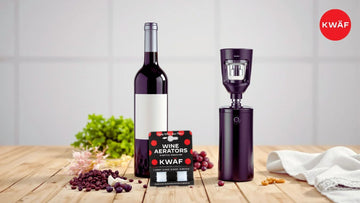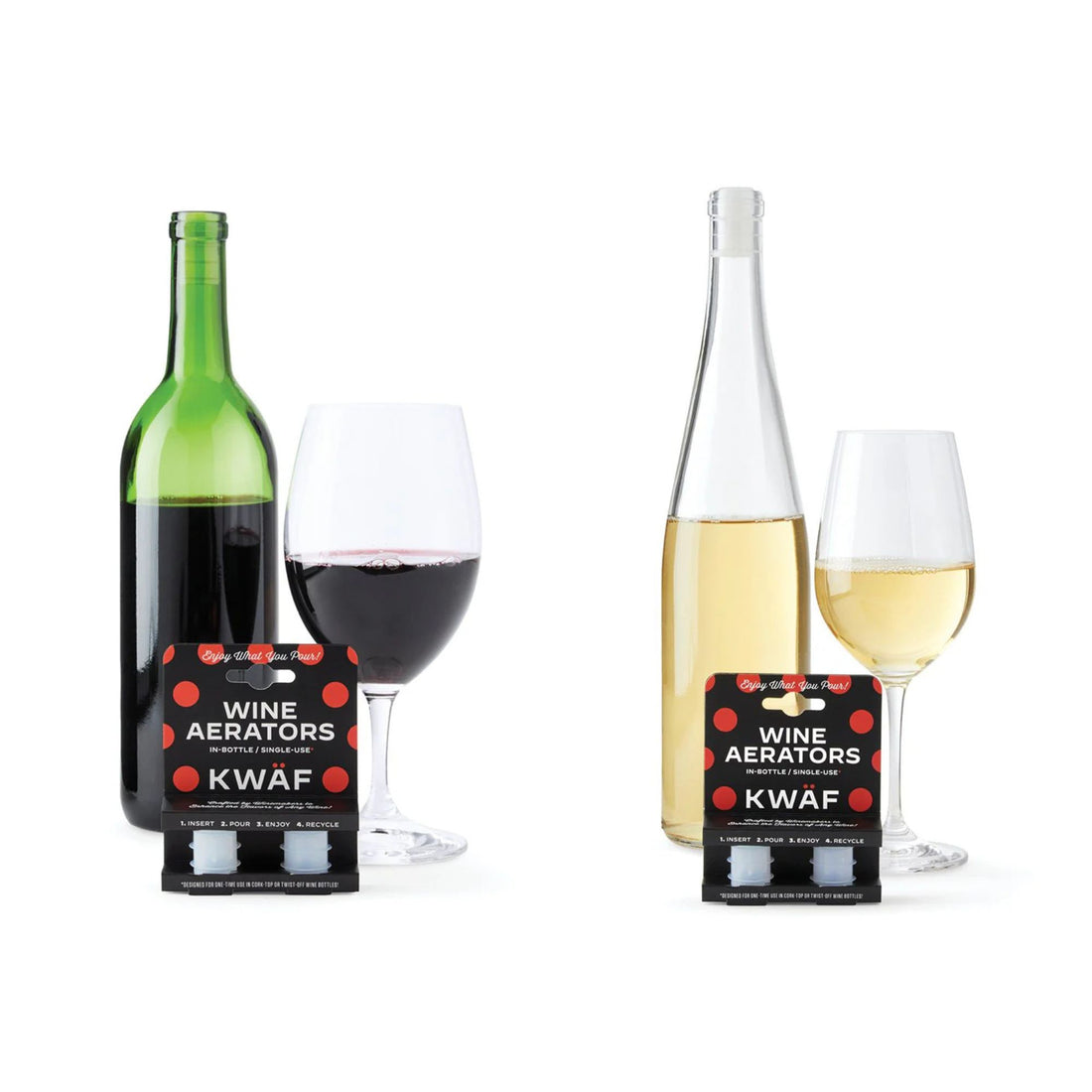When it comes to cooking, red wine frequently significantly impacts the flavors and depth of different foods. But occasionally, you can discover that you require this vital component. Do not be alarmed! We'll look at several excellent red wine substitute in this tutorial so you can keep your food dishes tasting rich and flavorful.
The Importance of Red Wine in Cooking
Red wine is cherished in the culinary world for its ability to infuse dishes with unique aromas and tastes. From sauces to stews, it contributes a depth and complexity that can elevate a meal from ordinary to extraordinary. Unfortunately, not everyone always keeps a bottle of red wine on hand. Whether you're a non-drinker, have run out of red wine, or want to try something different, having substitutes in your culinary arsenal is a game-changer.
Hidden Gems: Red Wine Substitutes
Balsamic Vinegar
A common ingredient in many kitchens, balsamic vinegar makes a great alternative to red wine. Its acidity and complex flavor profile add depth to your dishes. Use it judiciously, as it can be pretty potent. A tablespoon or two can work wonders in sauces, marinades, and braises.

Grape Juice
For a non-alcoholic alternative, grape juice can mimic red wine's sweetness and fruity notes. Opt for 100% grape juice to ensure a rich and authentic flavor. The outcomes will pleasantly surprise you if you adjust the quantity according to your recipe.
Beef or Vegetable Broth
If you want to maintain the savory essence that red wine imparts, consider using beef or vegetable broth. The richness of the broth can add depth to your dishes, especially in stews and slow-cooked meals. Choose a high-quality broth to maximize flavor.
Pomegranate Juice
Pomegranate juice can serve as an excellent red wine substitute for a unique twist. Its slightly tart and sweet profile can complement a variety of dishes, from glazes to reductions. Experiment with quantities to find the right balance for your particular recipe.
Cooking Tips with Red Wine Substitutes
Now that you know about these fantastic red wine substitutes, here are some tips to ensure a seamless transition in your cooking:
Experiment in Small Batches
Start with a smaller quantity when using a substitute for the first time. This allows you to gauge the impact on the overall flavor without committing to a large batch.
Adjust Quantities Accordingly
Different substitutes may have varying intensities. Be ready to change the amounts according to your tastes and the particular needs of your recipe.
Consider the Dish
Certain substitutes work better in specific dishes. For example, balsamic vinegar might excel in sauces, while beef broth enhances the wine flavors of meat-based dishes. Consider the characteristics of your substitute about the overall flavor profile you're aiming for.

Coffee as a Surprising Red Wine Substitute
While it may seem unconventional, coffee can be a surprisingly effective substitute for red wine in specific recipes. The rich, robust flavors of coffee can add depth and complexity to dishes, particularly in savory and earthy concoctions.
How to Use Coffee as a Substitute:
Reduction Method:
- Brew a strong black coffee, preferably using a dark roast for intensified flavors.
- Simmer the coffee over low heat to reduce its volume, concentrating the flavors.
- Add the reduced coffee to your recipe instead of red wine, adjusting the quantity to suit your taste.
Marinades and Rubs:
- Incorporate coffee into your marinades or rubs for meats, lending a smoky and aromatic essence.
- Combine coffee with complementary spices like cumin, paprika, or garlic for a well-rounded flavor profile.
Chocolate-Based Dishes:
- Use coffee in chocolate-based recipes, such as mole sauces or desserts, to enhance the richness and bring out the depth of the cocoa.
Coffee's versatility makes it an exciting and unexpected red wine substitute. Experiment with different brewing methods, blends, and quantities to discover how coffee can elevate your culinary creations. Remember that this substitute works best in recipes where the boldness of coffee can complement or enhance the existing flavors.

In the world of culinary arts, versatility is vital. Knowing how to adapt and substitute ingredients allows you to create exceptional dishes, like red wine, even when your pantry lacks a key component. With the hidden gems mentioned above, you can unlock a world of flavorful twists and elevate your cooking.
So, the next time you find yourself without red wine, don't panic. Seize the chance to experiment with different tastes and pairings.
For more tips and tools to enhance your culinary adventures, explore kwafwineaerators.com. Happy cooking!








